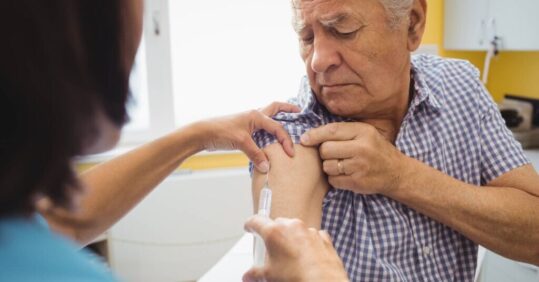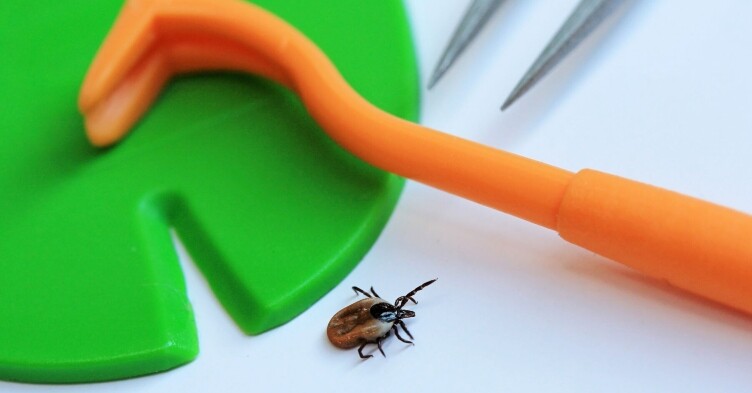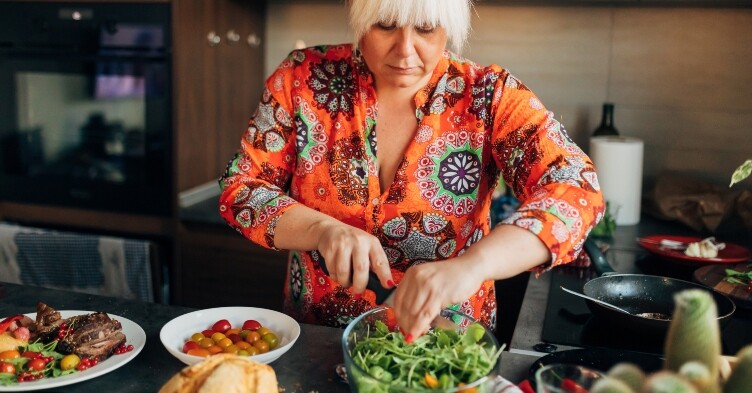Significant cut in hospital admissions from first year of RSV vaccinations

The respiratory syncytial virus (RSV) vaccine has reduced the risk of hospital admission from RSV infection by 82% among adults aged 75 to 79.
The figure comes from the inaugural RSV annual report, published by the UK Health Security Agency (UKHSA), following the first year of NHS RSV vaccination programmes.
For newborns, maternal vaccination cut the risk of RSV-related hospitalisation by 72% when given at least 14 days before delivery, according to a companion study published by The Lancet Child & Adolescent Health.
Related Article: Consultation proposes widening physiotherapist prescribing powers
The programmes, added to the NHS vaccination schedule in September 2024, include routine vaccination at age 75 with a catch-up programme for adults aged 75-79, and maternal vaccination offered from 28 weeks of pregnancy.
The research was conducted in partnership with Nottingham University Hospitals and other NHS trusts, with data drawn from surveillance across 300 GP practices and hospital emergency departments.
Uptake among eligible adults climbed during the programme’s first year, reaching 62.9% by end-June, up from 60.3% in March, according to new data from UKHSA this week.
Among women giving birth in March, 54.7% had received the RSV vaccine, though uptake ranged from 73.3% in Chinese ethnic groups to just 26.4% among Black and Black British Caribbean women.
Dr Conall Watson, immunisation consultant at UKHSA, said: ‘The evidence clearly shows the RSV vaccine for pregnant women is highly effective and will give much reassurance to parents, knowing their newborn is protected from birth, when they are at much greater risk from RSV.’
Related Article: South of England hotspot for Lyme disease infection
RSV activity in the 2024/25 season started in mid-October, peaked in late November and early December (weeks 47 to 49), and declined to baseline by late February.
Peak RSV positivity rates reached 53.1% in children under five. Among adults aged 75 and over, positivity peaked at 18.5% in early December.
It was recently announced that nirsevimab, a long-lasting injection protecting at-risk infants from RSV, will be rolled out for the first time from late September.
Related Article: NICE recommends better support for weight-loss patients after treatment
However, NHS England confirmed there were no current plans to make it available in pharmacies or GP practices.
This article was first published by our sister title The Pharmacist

See how our symptom tool can help you make better sense of patient presentations
Click here to search a symptom





![Menopause: identification and management [NG23]](https://s3-eu-west-2.amazonaws.com/images.nursinginpractice.com/wp-media-folder-nursing-in-practice/wp-content/uploads/2025/03/PULSE-NIP-UPLOAD-BAYER-NICE-MENOPAUSE-A5-HANDBOOK.jpg)
